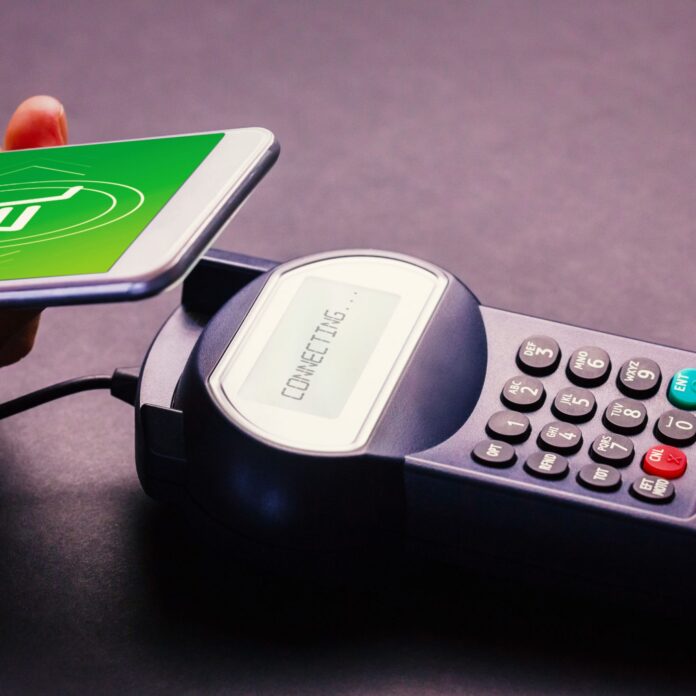Over the last couple of years, there has been much attention to and change in the mobile payment space. PayPal was the leader for decades when Apple Pay, Google Pay and countless others entered the space in the last couple of years. The assumption was this new competition from new players would rapidly transform the marketplace. So now, a few years later, what’s the score? As good as Apple, Google and others are, so far it looks like PayPal is still in the lead and continues to rapidly grow and transform.
Mobile payment is transforming the industry. PayPal, Apple Pay, Google Pay and others are a testament to this transformation and growth. However, unlike when Apple iPhone and Google Android entered the smartphone space sending then-leaders Blackberry and Nokia to the back of the line, they are not taking over the mobile pay space in the same way.
PayPal leadership in mobile payment continues
The new players are growing and that is good. They are increasing the awareness of the marketplace and that is good. But they are not taking over the leadership position from leaders like PayPal and that is very interesting.
Competition is good. It wakes up the marketplace. The threat and opportunity presented by a competitive industry makes every competitor and every customer sharper. It keeps innovation high and prices low. Mobile pay is turning into a very competitive industry, and things are just getting started; these are the early days.
Apple Pay and Google Pay are new competitors
Mobile pay competitors like Apple Pay and Google Pay are brand-new technologies and, while they are growing, it is taking much longer than we expected when they announced their entry a few years ago.
PayPal has been with us for decades. It’s not a new player. In fact, it was acquired by eBay. Since then it has grown into a very strong and secure alternative payment source letting eBay rapidly grow. Then, a year ago, PayPal spun off as a separate company and is now on its own.
Dan Schulman took over as CEO when the company spun off and has been traveling the world to grow PayPal. Bottom line; mobile pay is growing and PayPal continues to lead. There are many slices of this mobile pay pie.
The PayPal challenge is, as customers shift away from cash and move toward mobile payment and online payment how does it continue to lead in this new space? This is a huge new opportunity and challenge for PayPal, Apple Pay, Google Pay and all the others. Customers are very familiar with PayPal, the brand and the offering. The challenge is to get investors up to speed in the same way since this company was spun off just one year ago.
PayPal, Visa, FinTech and mobile pay
The PayPal partnership with Visa is looked at as a great move for both companies, and will rapidly expand PayPal’s move into all places where Visa is currently a leader and vice versa. PayPal remains the largest player in this transaction space and that will continue.
Going forward, the mobile pay space will be increasingly important as the younger generation matures. They don’t like the traditional banking industry. They prefer Fintech and mobile payment options to conduct business and pay for things. And PayPal is a leader in Fintech and mobile pay.
Plus, innovation will continue to redefine the entire payment and banking space. Current leaders, like traditional banks, which don’t transform in this same way could very easily find themselves on the falling side of the growth wave going forward. That’s why this space is in such focus today.
Mobile pay is domestic and global opportunity and challenge
PayPal, Apple Pay, Google Pay, Samsung Pay and others also are global players. So the growth potential for all of them is actually quite strong. The only real question is: Which companies will grow and which will fail going forward?
So for these reasons and more, I see PayPal continuing to grow going forward. I also see Apple Pay, Google Pay, Samsung Pay and others growing going forward. In fact, I see many success stories going forward. However, I also see many failures along the way as well. Knowing the difference is always the key.

